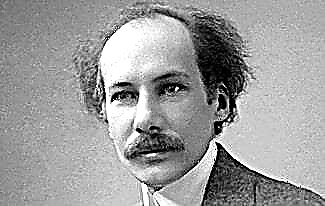What are preferences? One way or another, this word is often found on the Internet, as well as in conversations between people. However, not everyone knows the true meaning of this term.
In this article, we will explain what is meant by the word "preference", as well as give examples of its use.

What does preference mean
A preference is an advantage or privilege that is granted to certain countries, businesses or companies to support specific activities. For example, the Ministry of Culture in a particular state shows a high level of work, while the Ministry of Transport, on the contrary, does not cope with its tasks.
It is clear that with the next distribution of budgetary funds, the Ministry of Culture will receive a preference in the form of increased salaries, bonuses, renovation of structures or a reduced tax rate.
Also, preferences may apply to certain groups of citizens of the country. For example, retirees, orphans or people with disabilities can ride public transport for free.
The state can also establish preferences for supporting small and medium-sized businesses in order to thus contribute to economic development. As a result, private entrepreneurs can count on lower taxes, reduced customs duties and government loans at low interest rates.
Tax discounts that allow a particular company to “get on its feet” also belong to preferences. For example, the state can exempt an entrepreneur from taxes in the first 3 months of his activity. For the next 3 months, he will pay 50%, and only then will he start making payments in full.
In fact, you can list many more examples of preferences, including unemployment benefits, disability benefits, loss of a breadwinner, bonuses for bad work experience, etc.
From all that has been said, we can conclude that a preference means some kind of benefit, discount or financial recalculation.









